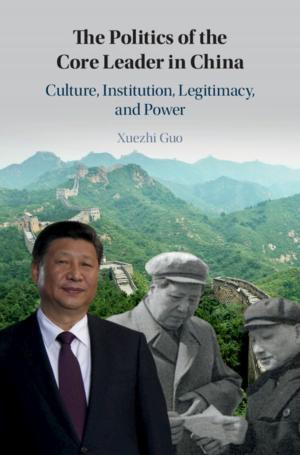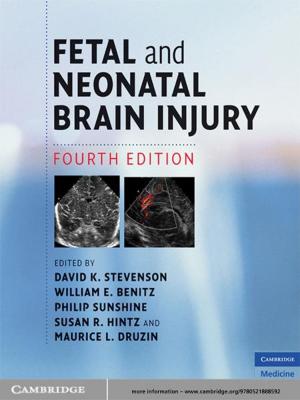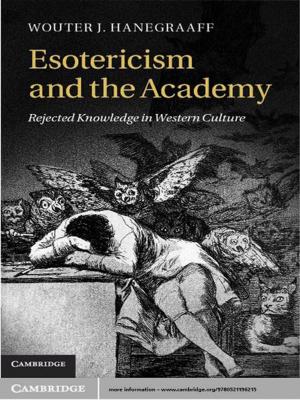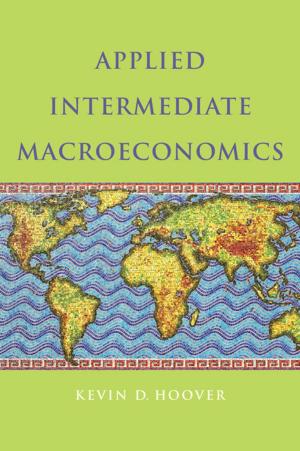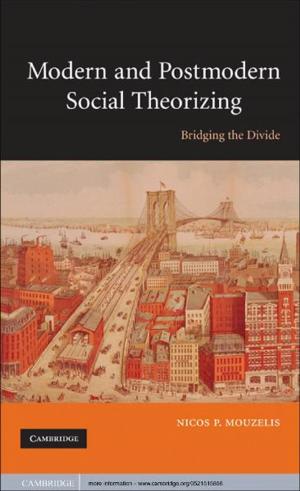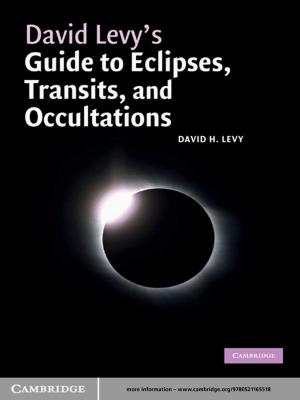The Logic of Slavery
Debt, Technology, and Pain in American Literature
Fiction & Literature, Literary Theory & Criticism, American, Nonfiction, History| Author: | Tim Armstrong | ISBN: | 9781139508360 |
| Publisher: | Cambridge University Press | Publication: | August 27, 2012 |
| Imprint: | Cambridge University Press | Language: | English |
| Author: | Tim Armstrong |
| ISBN: | 9781139508360 |
| Publisher: | Cambridge University Press |
| Publication: | August 27, 2012 |
| Imprint: | Cambridge University Press |
| Language: | English |
In American history and throughout the Western world, the subjugation perpetuated by slavery has created a unique 'culture of slavery'. That culture exists as a metaphorical, artistic and literary tradition attached to the enslaved - human beings whose lives are 'owed' to another, who are used as instruments by another and who must endure suffering in silence. Tim Armstrong explores the metaphorical legacy of slavery in American culture by investigating debt, technology and pain in African-American literature and a range of other writings and artworks. Armstrong's careful analysis reveals how notions of the slave as a debtor lie hidden in our accounts of the commodified self and how writers like Nathaniel Hawthorne, Rebecca Harding Davis, Booker T. Washington, W. E. B. Du Bois, Ralph Ellison and Toni Morrison grapple with the pervasive view that slaves are akin to machines.
In American history and throughout the Western world, the subjugation perpetuated by slavery has created a unique 'culture of slavery'. That culture exists as a metaphorical, artistic and literary tradition attached to the enslaved - human beings whose lives are 'owed' to another, who are used as instruments by another and who must endure suffering in silence. Tim Armstrong explores the metaphorical legacy of slavery in American culture by investigating debt, technology and pain in African-American literature and a range of other writings and artworks. Armstrong's careful analysis reveals how notions of the slave as a debtor lie hidden in our accounts of the commodified self and how writers like Nathaniel Hawthorne, Rebecca Harding Davis, Booker T. Washington, W. E. B. Du Bois, Ralph Ellison and Toni Morrison grapple with the pervasive view that slaves are akin to machines.


